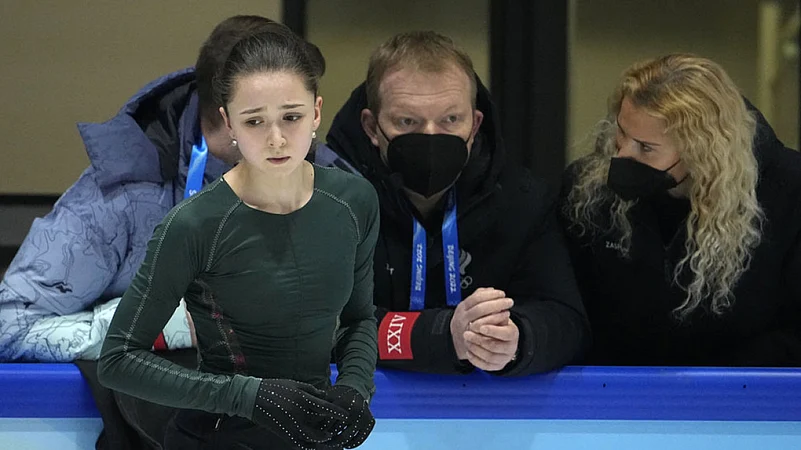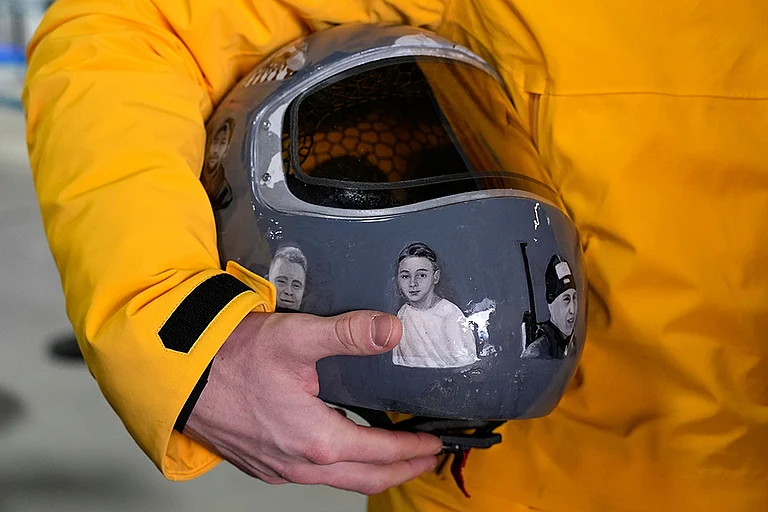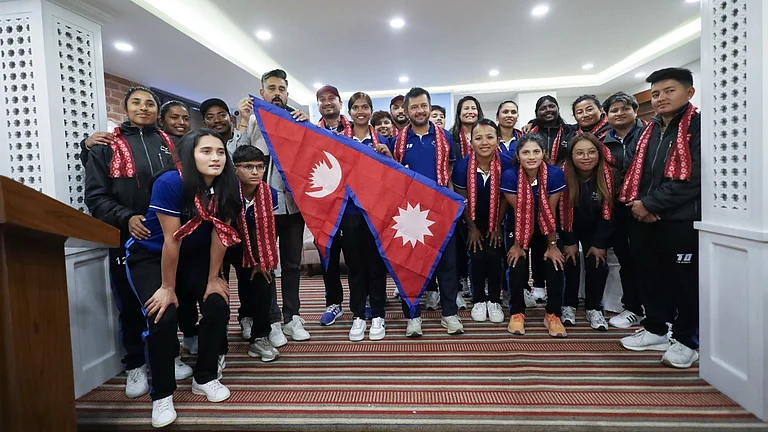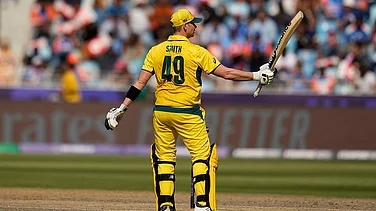Russian figure skater Kamila Valieva’s right to compete in the women’s event at the Beijing Winter Olympics will be decided at an urgent hearing at the Court of Arbitration for Sport (CAS). The 15-year-old had been expected to deliver her nation its third-straight Olympic gold medal in women's figure skating. (More Sports News)
The International Testing Agency, which runs the athlete-testing program for the Olympics, said Friday it will lead an appeal on behalf of the International Olympic Committee (IOC) against a decision by Russia’s anti-doping agency (RUSADA) to lift a provisional ban imposed on the 15-year-old Valieva for failing a doping test in December.
The ITA added the positive test was notified by a laboratory on Tuesday after Valieva helped the Russians win the team event but before the medal ceremony, which was then postponed. Whether the Russians will lose their gold medal in the team event will be decided later. The United states finished second, Japan were third and Canada were fourth.
IOC spokesman Mark Adams said he wanted a resolution "as quickly as possible" adding the medals will not be awarded until the outcome of the CAS hearing.
The drug in question, trimetazidine, is a metabolic agent that helps prevent angina attacks and treats vertigo, according to the European Union's medicines agency. It is banned by the World Anti-Doping Agency (WADA) because it can help endurance and increase blood flow efficiency - either effect could help a figure skater.
The ITA is based in the IOC's home city of Lausanne, Switzerland. The ITA also designed a pre-Olympic program of targeted testing of athletes or sports deemed high-risk or who its experts decided had undergone too few tests. Typical doping cases during the Olympics are handled and announced by the ITA, which imposes a provisional suspension that removes an athlete from competition.
Athletes and their teams can challenge those decisions at CAS, which has representatives in Beijing to handle urgent cases. It has a Games-time panel of judges to specialize in doping cases.
Meanwhile, Valiev's case is even more complicated because minors suspected of anti-doping rule violations are protected from being identified under the World Anti-Doping Code.
The most famous case of trimetazidine in sports doping involved Chinese swimmer Sun Yang.
The three-time Olympic champion served a three-month ban in 2014 in a ruling that was initially not published by China's anti-doping agency. WADA did not use its right to challenge that Chinese judgment with an appeal to the Court of Arbitration for Sport.
Because it was Sun's first doping offense, he was punished more severely for his second, and more high-profile, offense of refusing to cooperate with a sample collections team at his home in China.
Russian bobsledder Nadezhda Sergeeva tested positive for trimetazidine at the 2018 Pyeongchang Olympics. She was disqualified from the two-woman bob event and served an eight-month ban.
(With AP inputs)


























